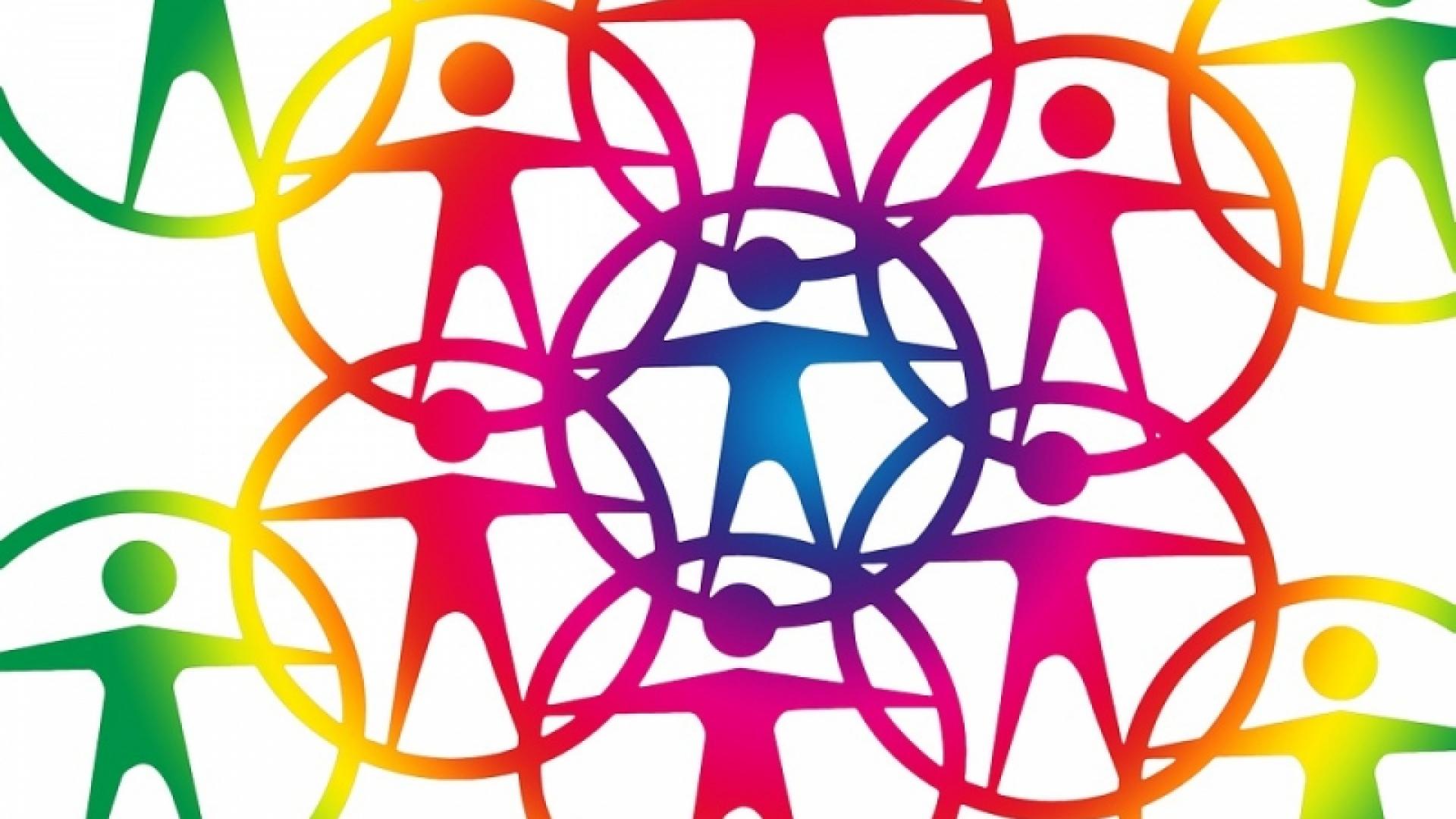We horen steeds vaker dat mensen hun zorgen en kwaaltjes bij de huisarts uiten en dat blijkt dat achter de zorgen en kwaaltjes andere problemen schuilgaan: eenzaamheid, onverwerkt verdriet, schulden. Ook zien we in Maastricht vaker mensen met verward gedrag die voor zichzelf of anderen overlast en gevaar opleveren. De oplossing van dergelijke zorgen kan niet alleen van de gezondheidszorg komen. Daarvoor is juist een sociaal netwerk, een helpende hand bij de oplossing van de schulden, een luisterend oor bij verdriet nodig. GroenLinks vindt het daarom heel goed dat schotten tussen beleidsterreinen en budgetten verdwijnen en dat alleen de vraag van de burger centraal staat. Uit welk potje de hulp dan komt is niet relevant, als de hulp maar komt.
GroenLinks kiest voor:
- het (keukentafel)gesprek dat een open eerlijk gesprek is waarin wordt besproken welke hulp de burger nodig heeft. Iedere burger krijgt de hulp die hij/zij nodig heeft;
- een gemeente die in actie komt als mensen de regie niet goed zelf kunnen nemen. We laten mensen nooit aan hun lot over;
- ruimhartige ondersteuning van mantelzorg en mantelzorgers bijvoorbeeld in de vorm van een respijtvoorziening. Maar wij vragen ook aandacht voor de kinderen en partners van mantelzorgers;
- het actief informatie verstrekken over alle voorzieningen, via website, zorgloket, folders of huisbezoek. De website is informatief voor zowel burgers als voor professionals en bevat een actuele sociale zorgkaart. Daarop staan alle contactinformatie en mogelijkheden voor zorg en ondersteuning aangegeven;
- het stimuleren van manieren om mensen elkaar te laten helpen en ontmoeten. Bijvoorbeeld via ‘ontmoetingsplekken’ en andere buurtvoorzieningen zoals Athos Eet-Maakt-Doet, coöperatie Blauwdorp en het Wijkleerbedrijf Daalhof;
- goede opvang van dak- en thuislozen, jong en oud en dat betekent dus ook voldoende capaciteit in de hele zorgketen;
- goede training van iedereen die in de publieke ruimte actief is om signalen van zorgelijke verwarring te herkennen. Familie, buren, alle Maastrichtenaren moeten met signalen terecht kunnen bij een advies- en meldpunt personen met verward gedrag;
- goede bereikbaarheid van alle plekken en voorzieningen in de stad voor iedereen met een rolstoel of rollator, een visuele beperking of gehoorklachten.
-------------------------------------------------------------------------------------------------------------------------------------------------------------------------------------------------------------------------------------------------------------
Care is always tailor-made
GroenLinks stands for care that is suitable, that enables independent functioning, that is accessible and is close. You also take care of and with each other. We want people to do what they can do themselves and that citizens' initiatives that make this possible are encouraged. In doing so, we work with trust. If professional use is required, we limit the bureaucracy by giving the professional its space. The human dimension must be put back in the care. We want to prevent heavy, costly care through early signalling and limiting the number of professionals involved per family.
We hear it more and more. People express their worries and ailments to the GP and it appears that there are other problems behind the worries and ailments: loneliness, unburdened grief, debt. We also see more and more people in Maastricht with confused behaviour that causes nuisance and danger to themselves or others. The resolution of such concerns cannot come only from health care. This requires a social network, a helping hand in resolving the debts, or a listening ear for grief. GroenLinks believes it is therefore very good that divisions between policy areas and budgets disappear and that only citizens' questions are central. From which source the aid comes then is irrelevant. Help is the most important thing.
GroenLinks commits to :
- a conversation that is an open, honest conversation that discusses which help the citizen needs. Every citizen receives the help he or she needs;
- a municipality that comes into action when people can not take control of things properly themselves. We never leave people to fate;
- generous support for informal care and informal caregivers, for example in the form of a respite facility. But we also call attention tot he children and partners of informal caregivers;
- actively providing information about all facilities, via website, care desk or home visit. The website is informative for both citizens and professionals and contains a current social care card. All contact information and possibilities for care and support are listed on this page;stimulating ways to help people meet and help each other. For example, via 'Meeting places' and other neighbourhood facilities such as 'Athos Eet-Maakt-Doet',
- the Blijdorp cooperative and the District leather company Daalhof;
- good reception of homeless people young and old, and that means sufficient capacity throughout the healthcare chain;
- good training from everyone active in the public space to recognize sings of worrying confusion. Family, neighbours, all people in Maastricht should be able to send signals to an advisory and reporting centre to people with confused behaviour;
- good accessibility of all places and facilities in the city for anyone with a wheelchair or walker, a visual impairment, or hearing discomfort.
